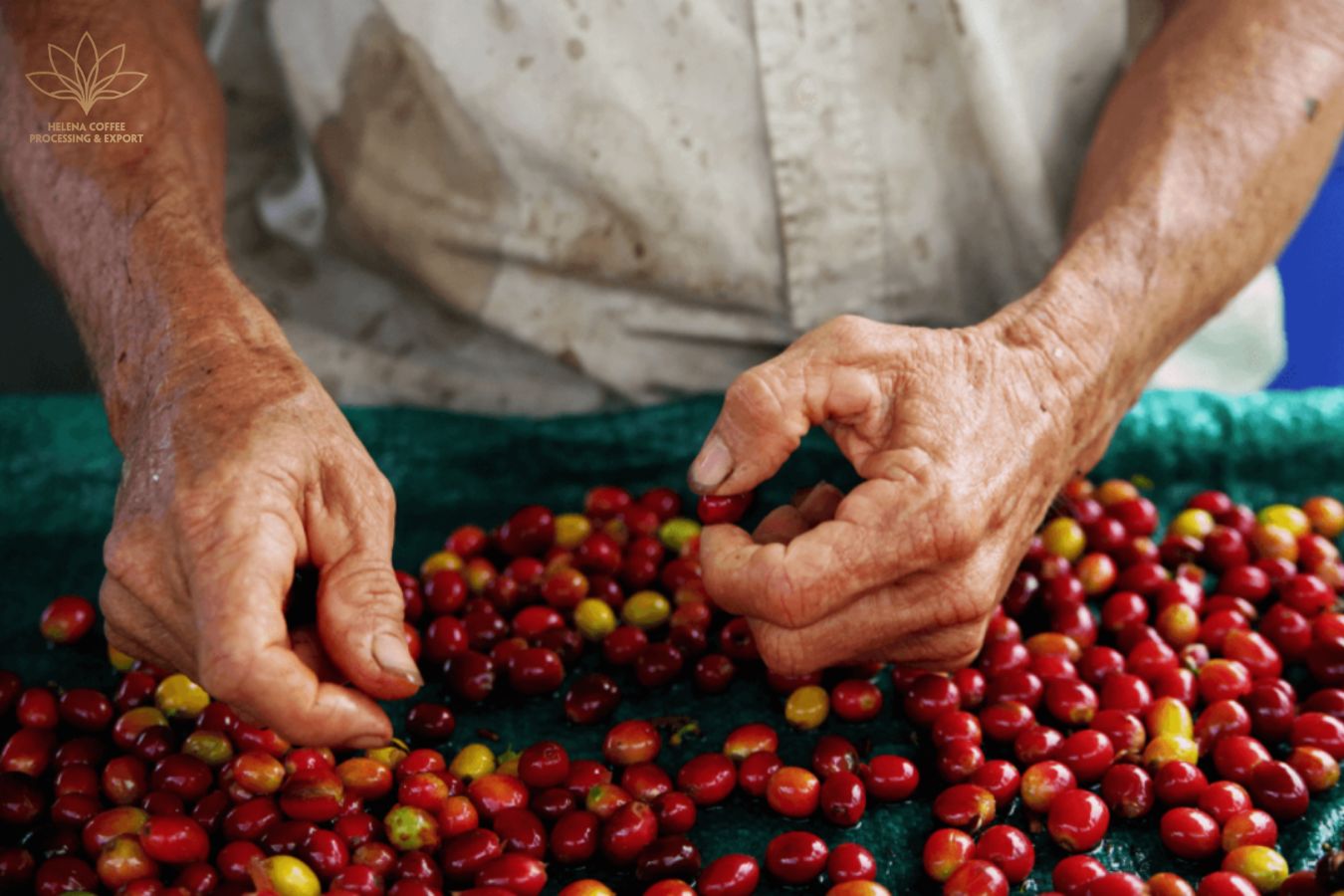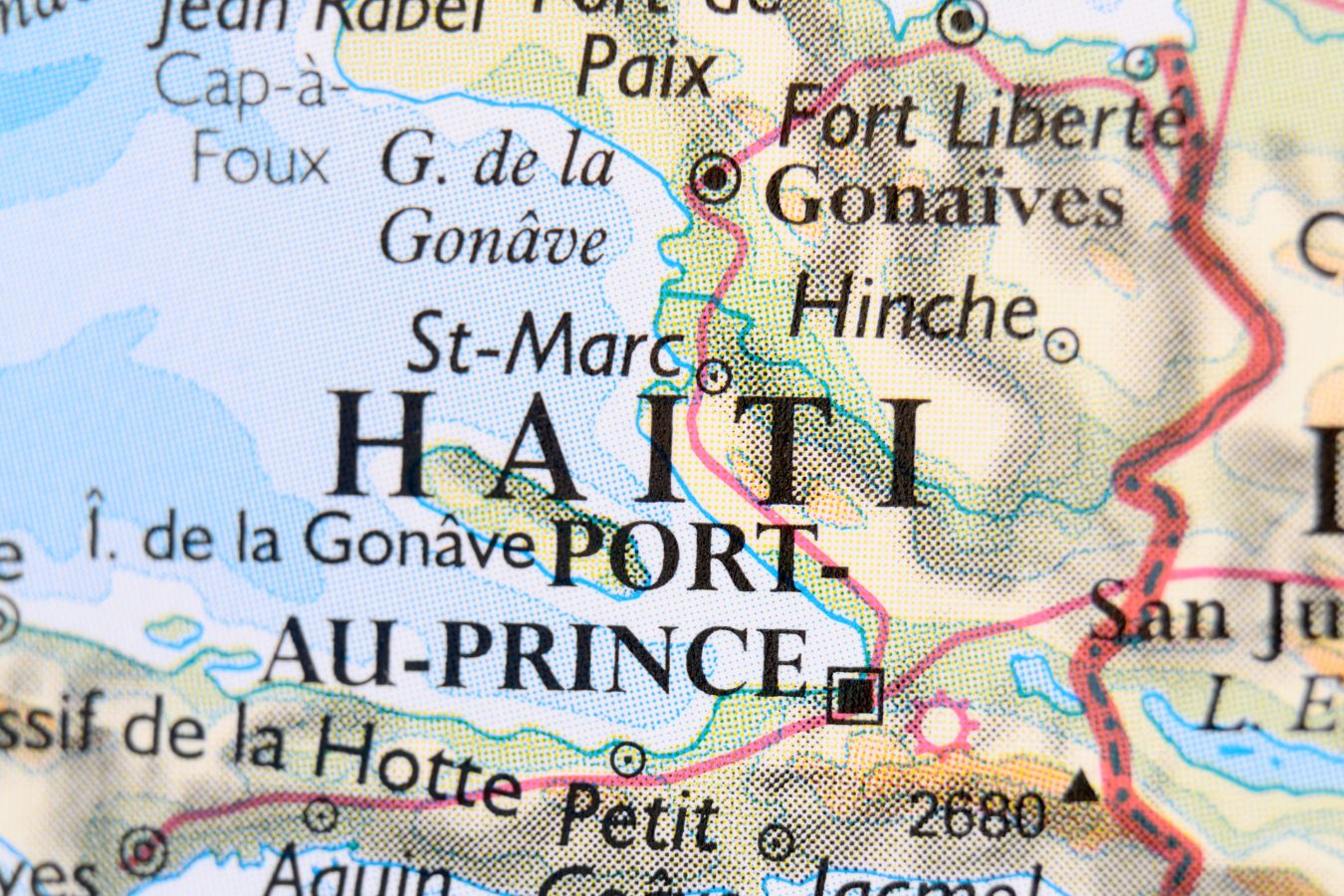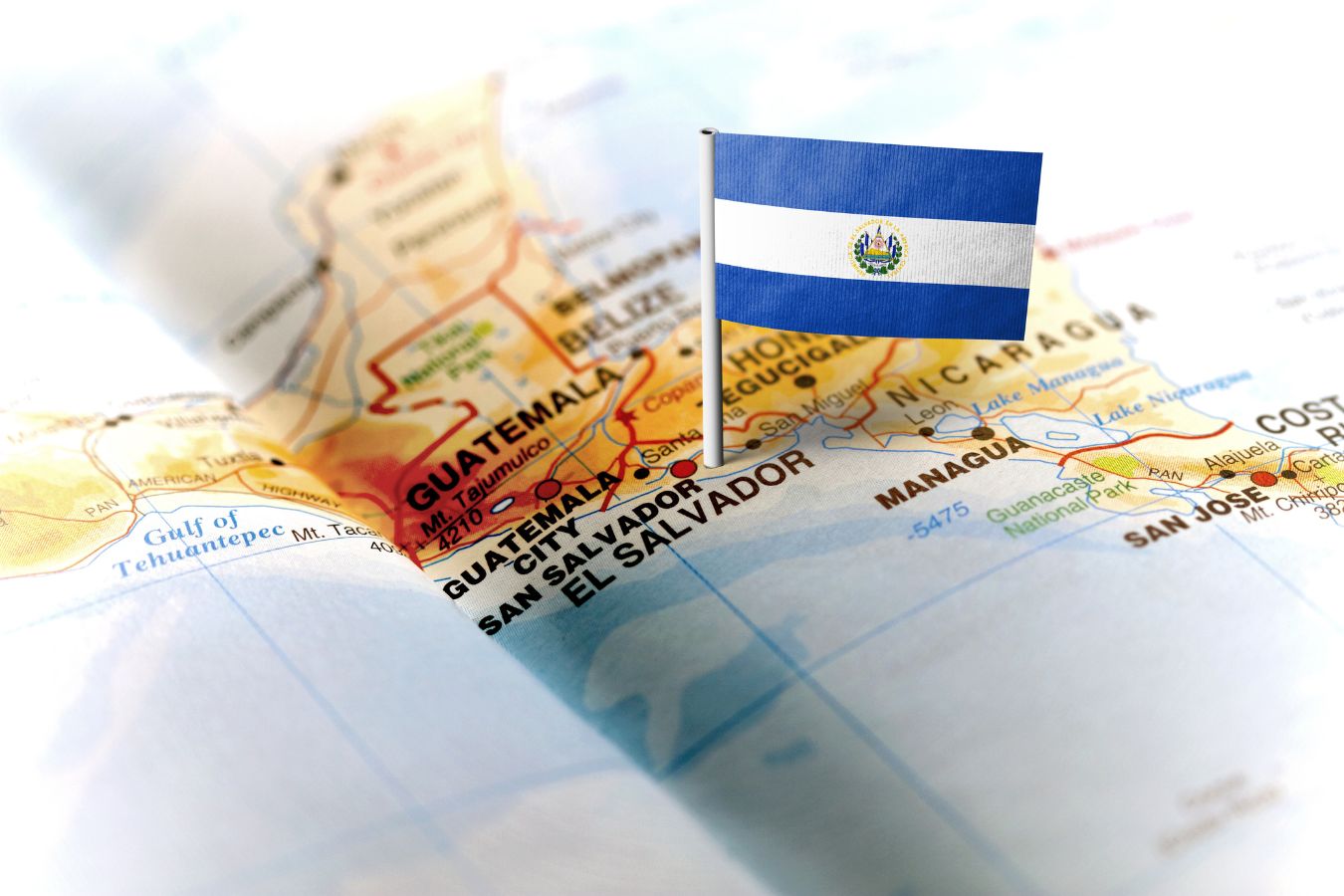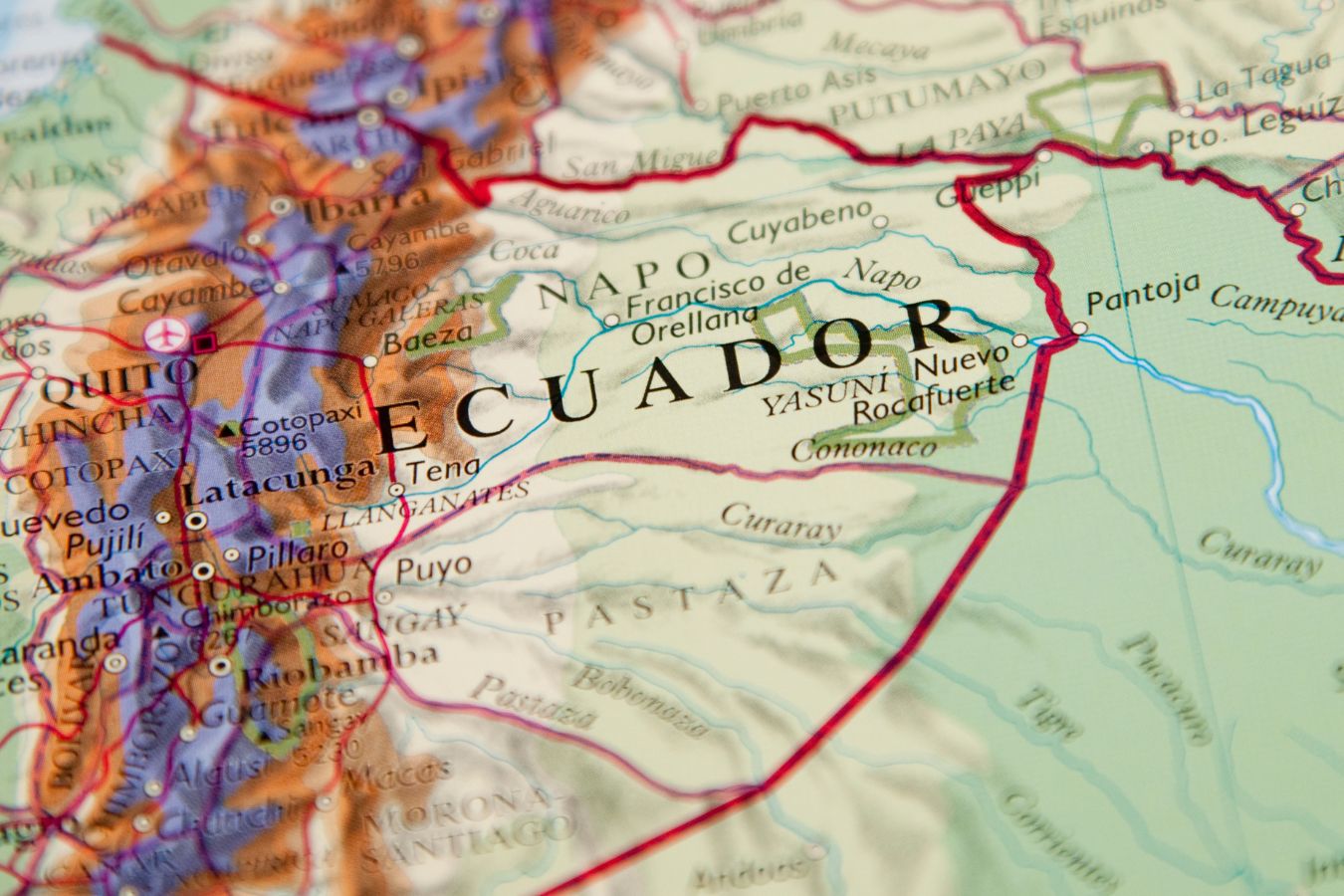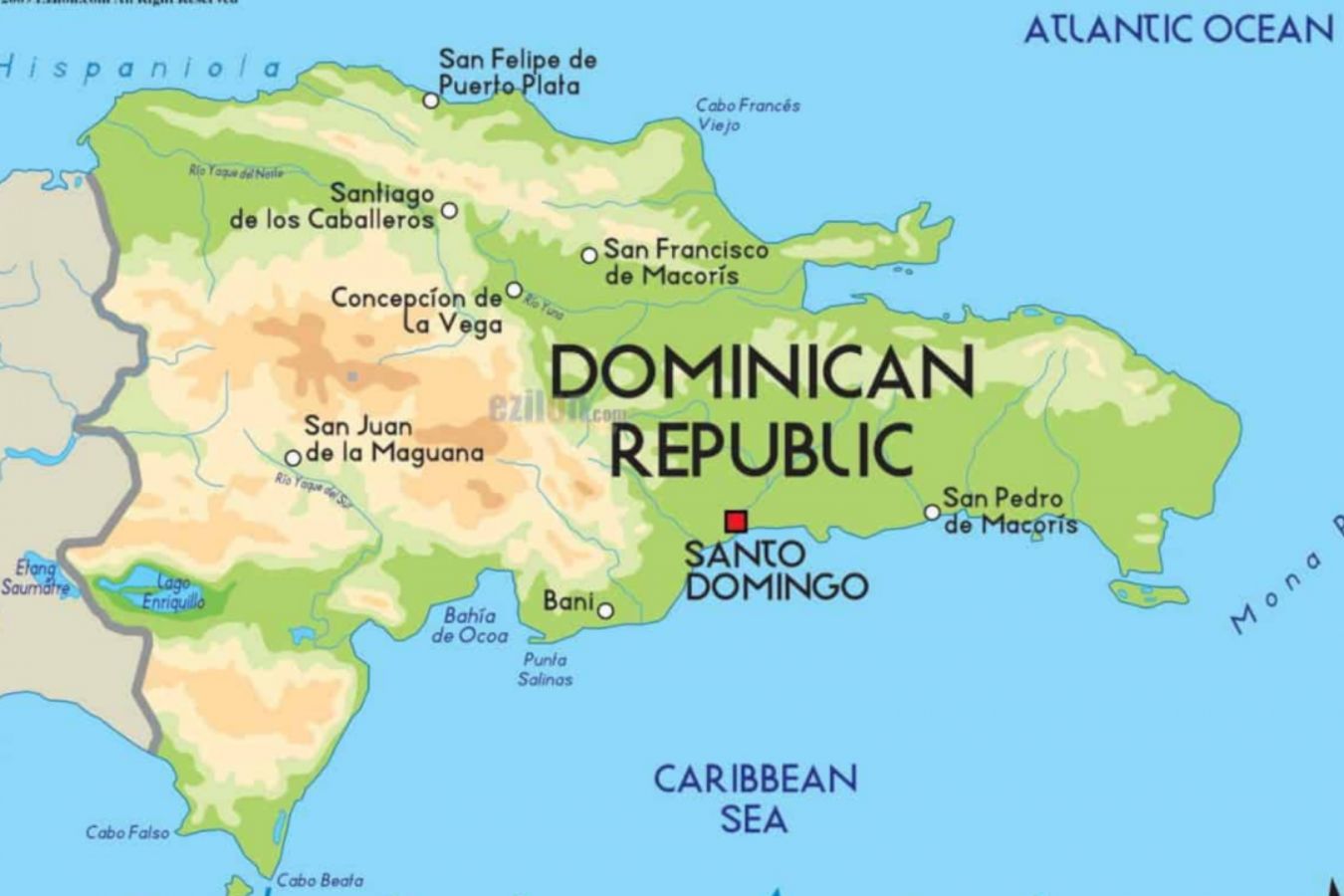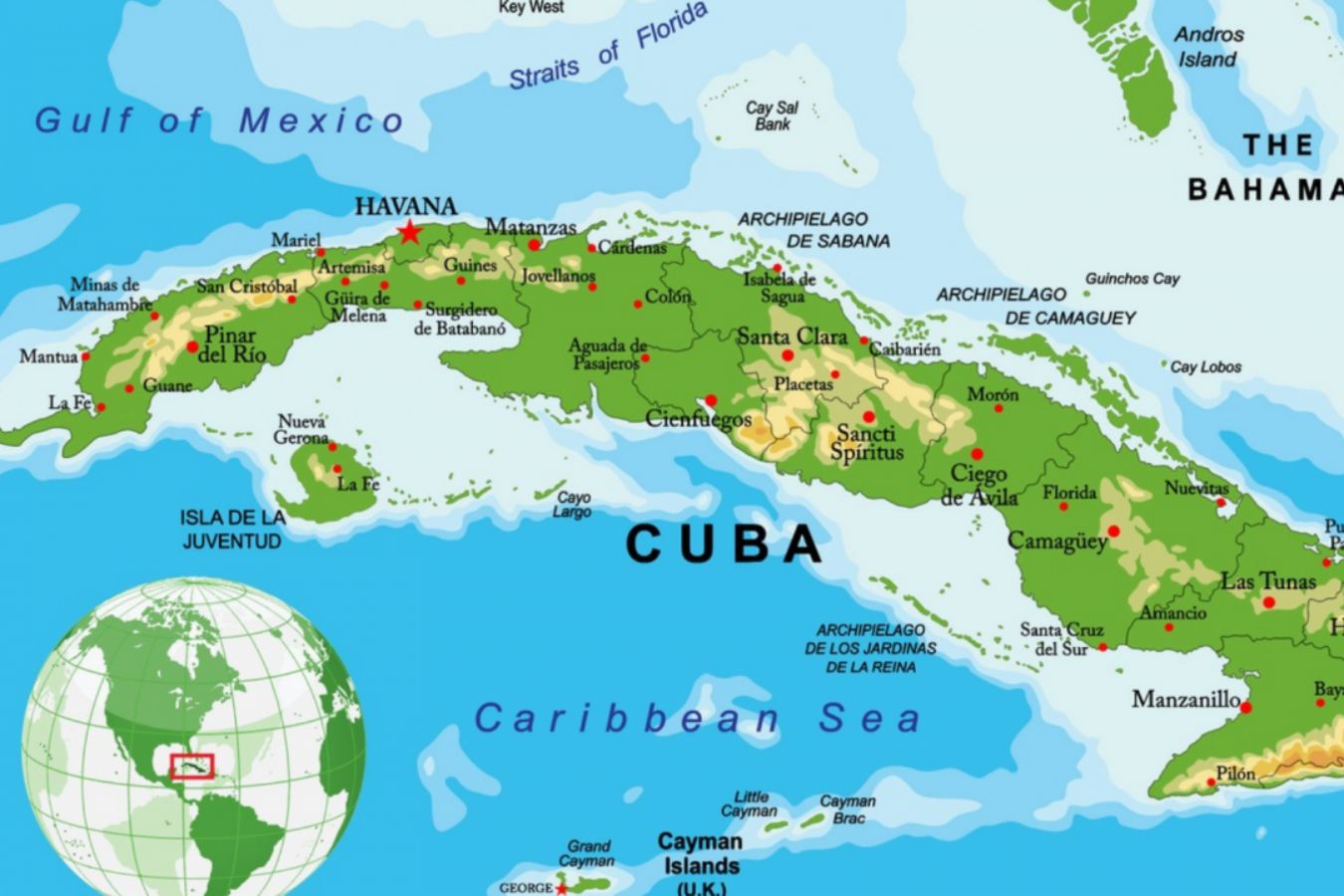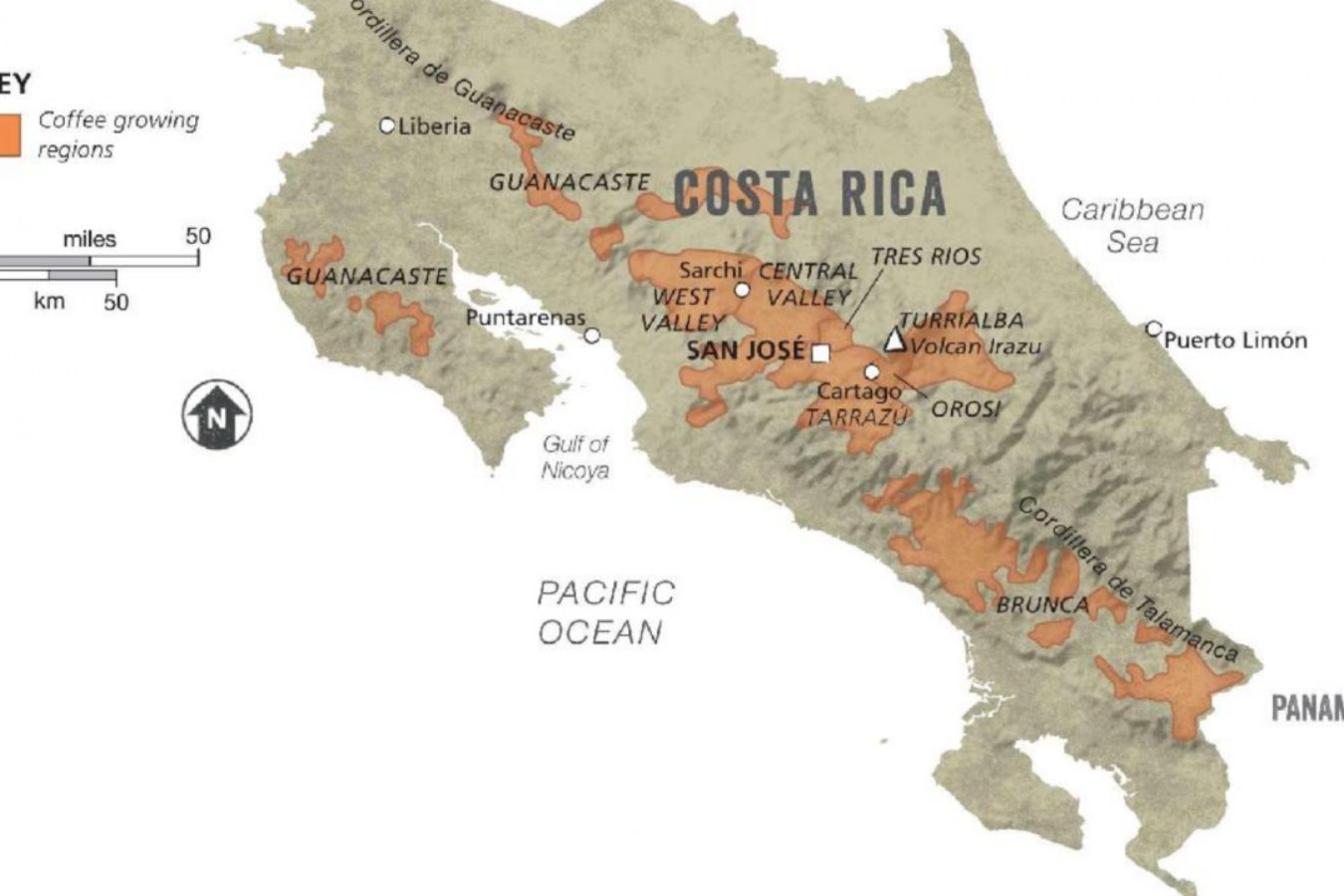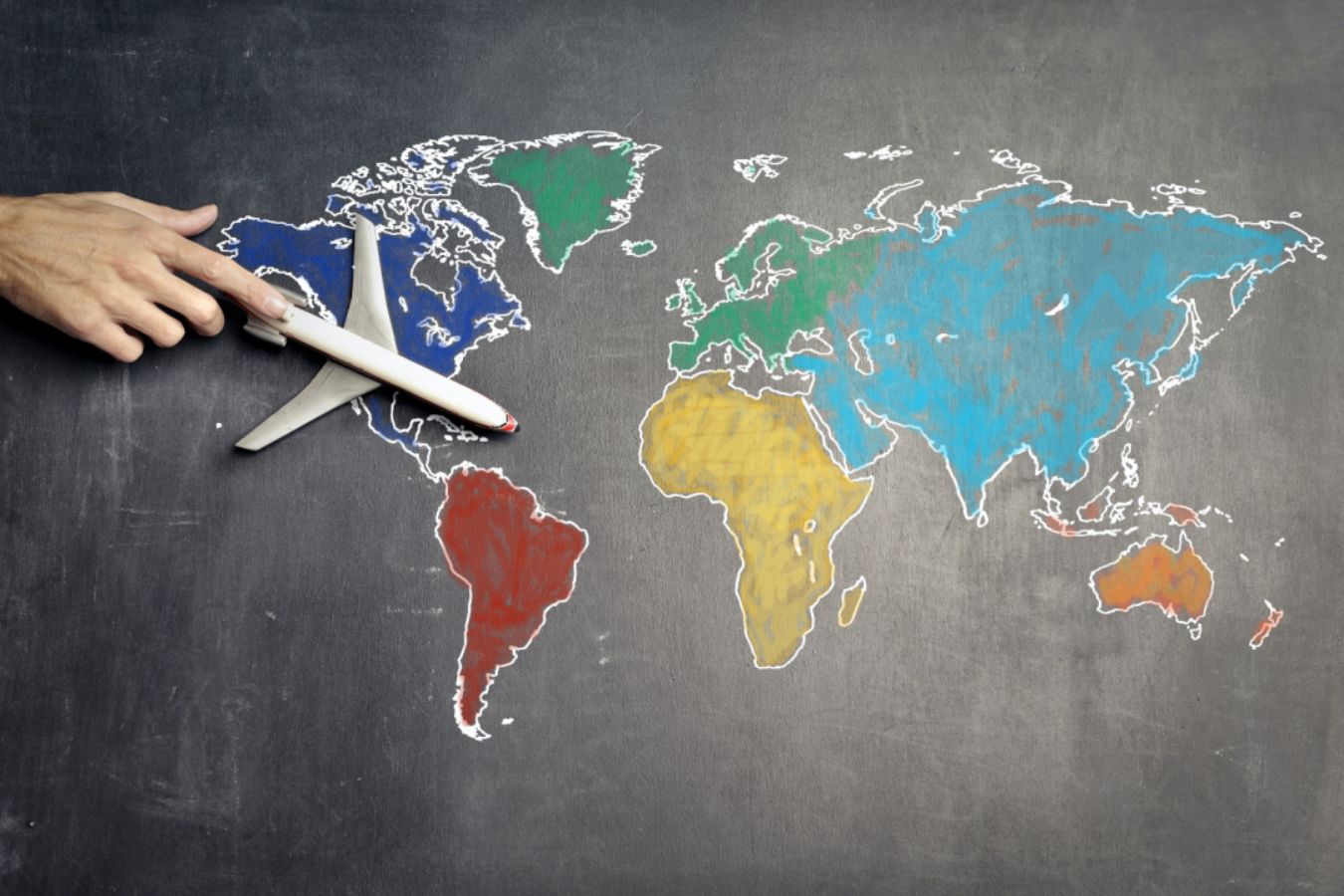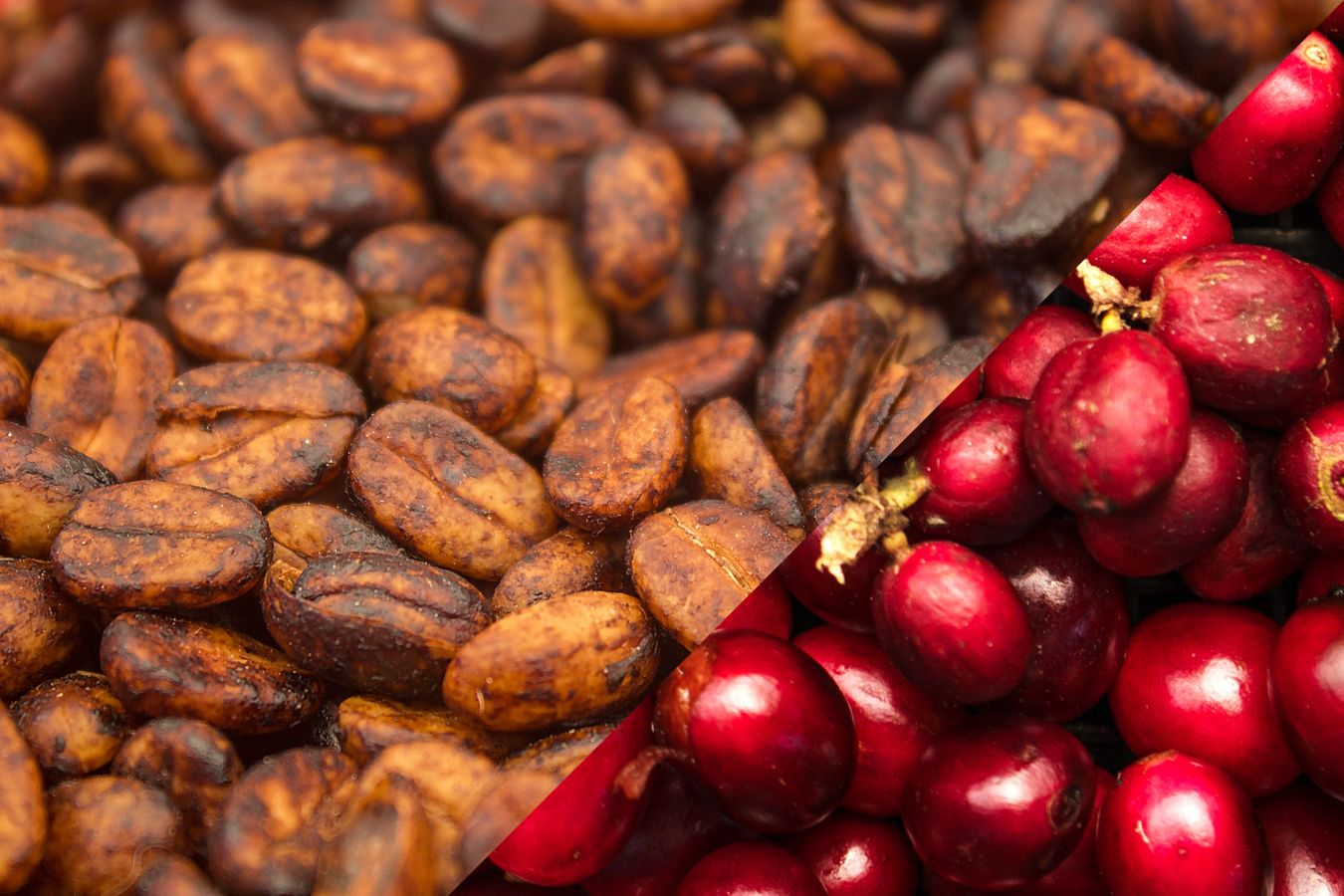 Coffee Processing
Coffee Processing Fun Facts: About Honey Processed Coffee Beans – Part 1
Honey Processed Coffee Beans: Have you ever chosen for yourself a packet of preprocessed coffee with honey and wondered what preprocessed honey means? And is it any better than the natural coffee you had last week?
This article is really for you. We will take a look at what is honey processing. Why is it good, and what makes it stand out among the baristas and roasters?
#Fact 1: Why is called honey Processed Coffee Beans?
The three most common coffee beans processed globally are natural, …

